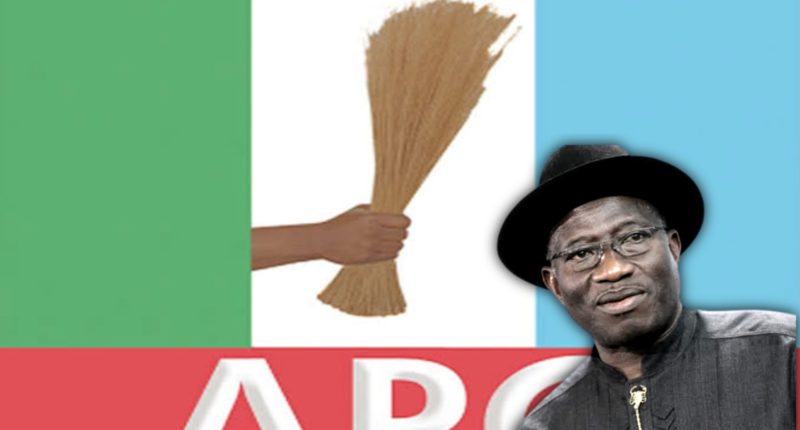Since Nigeria’s return to democratic elections in 1999, a ruling party had not relinquished a presidential seat to an opposition party until the 2015 presidential election when former President Goodluck Jonathan of the People’s Democratic Party (PDP) lost to President Muhammadu Buhari of the All-Progressive Congress (APC).
The APC continued its run of success into the 2019 election retaining its status of the ruling party in Nigeria. But as a new election approach in 2023, the ruling party faces a fierce challenge from two strong opposition in PDP’s presidential candidates, Alhaji Atiku Abubakar and Labour Party’s presidential candidate and third force flag bearer, Mr. Peter Obi.
Here is how the former President Goodluck Jonathan of PDP lost the ruling party status and what the APC must look out for:
Avoid crossing stakeholders
The PDP, like the APC, is a traditional party built on the sweat of past leaders. During Jonathan’s administration, one of the mistakes the past President made was to cross one of the godfathers the PDP and Nigeria has ever produced. General Olusegun Obasanjo, the stakeholder in question, governed Nigeria twice, as a military leader between 1976-1979 and democratic president in 1999-2007.
The rift between the duo was so bad that General Obasanjo wrote a public 18-page letter containing criticism of the Jonathan led administration in December 2013. General Obasanjo further dismembered himself from the PDP and openly tore his membership card.
Candidates now make a habit of embarking on consultations to seek the blessings and support of political stakeholders who, although retired or not, continue to serve a cause in Nigeria’s electoral space.
Early days of insecurity
Back in 2014, when the insecurity was sparingly sprouting and the kidnap of Chibok girls occurred, Goodluck Jonathan was perceived to have been unconcerned, following his failure to speak about the incident for weeks.
This perception further compounded when the former governor was pictured partying at the lavish wedding of his niece just a few days after Boko Haram killed 2,000 people in the town of Baga.
Although the insecurity in Nigeria has worsened since then, the ruling party must not fail to mourn with the victims of the flood crisis and most importantly address the situation. The ruling party in the buildup must also fight the economic, security, education and many more challenges already smeared by the Buhari-led administration.
Bad management
Goodluck Jonathan had fallouts with many party members leading to their departure to rival parties especially the APC. The former president’s tendency to fallout with his fellows simultaneously weakened the ruling party, and strengthened the opposition to form an alliance that ultimately shoved him out of power. Disagreements and disunity amongst party members such as the one occurring in the PDP camp can have ripple consequences on the election results.
Present real solutions
Nigerians were frustrated by the crisis that has befallen them in Jonathan’s administration, so they voted him out. To retain power, the ruling party must in their manifestos and in campaign tours present well thought out solutions to the public.

